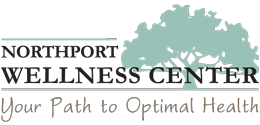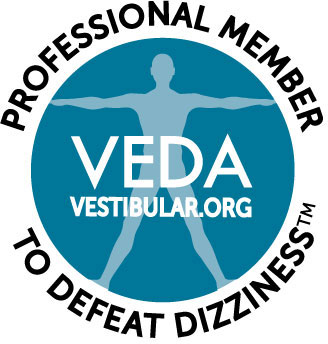Parents today are under more pressure than ever to help their children learn. Many parents are homeschooling their children for the first time. For kids who have reading difficulties, homeschooling puts more stress on the parent-child relationship, especially if they have trouble reading.
In many cases, children who have a hard time reading have binocular vision problems that have gone undiagnosed. Why does this happen to so many children, and what can be done to help them? When children have a vision problem, they are often not even aware that how they are seeing is abnormal. The parent is also not aware because they can’t see the world through the child’s eyes. These undetected visual problems can often be the core of a learning disability.
For example, a child who has a convergence or focusing problem at near, will look away from their work frequently to relieve the stress on the visual system. The teacher thinks the child is just easily distracted, but the behavior is due to the task being too difficult to sustain. This is often misdiagnosed as ADD.
Unless you know that most of the symptoms of ADD are present with a binocular vision problem, it is easy to misdiagnose a child.
Parents, teachers, and doctors need to understand the difference between visual acuity (seeing 20/20 on an eye chart) and vision. 20/20 vision is only a part of the visual system. It is equally important for the two eyes to be working together correctly. When the eyes are not working together properly, as with a binocular vision dysfunction, learning can be significantly more difficult.
The specialists at The Neuro Visual Center of New York have the knowledge and experience to diagnose and treat the visual misalignments that cause vision problems such as Binocular Vision Dysfunction, Convergence Insufficiency, shadowed or double vision and other binocular vision issues. If your student has a visual problem that’s affecting their learning, our innovative aligning micro-prism lenses can help eliminate these problems and their accompanying symptoms. To find out more about our treatment methods, give us a call today at (516) 224-4888.





